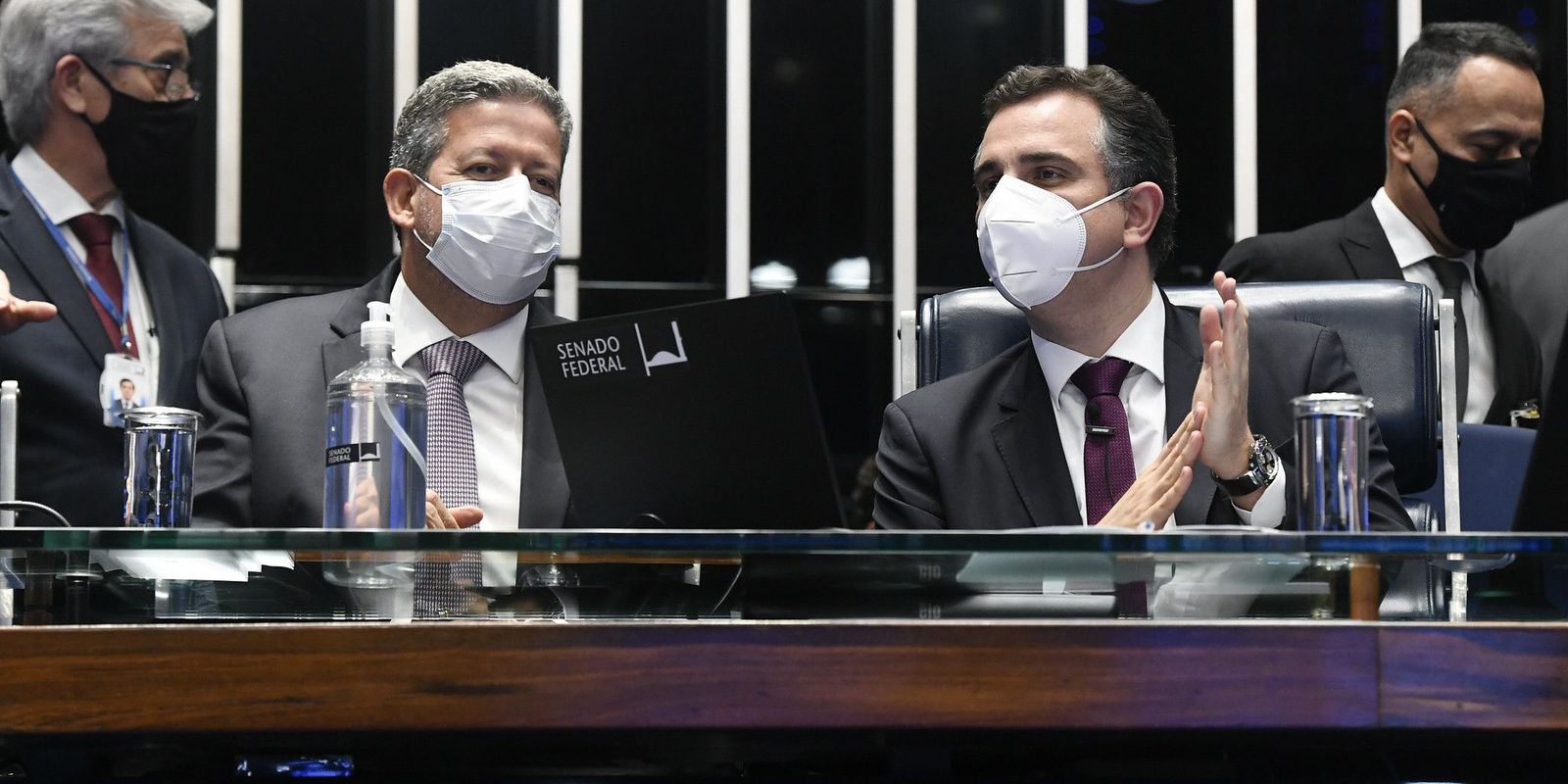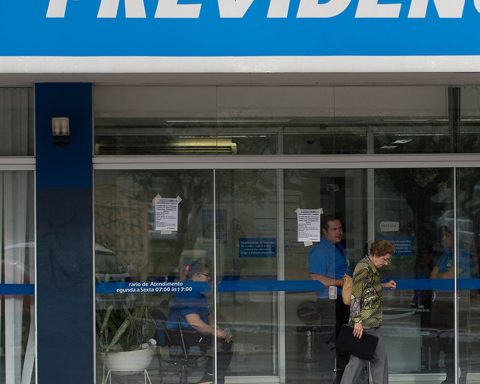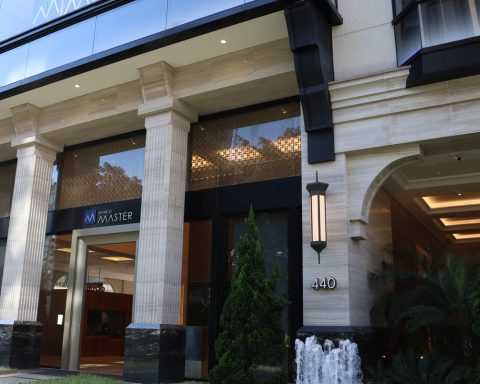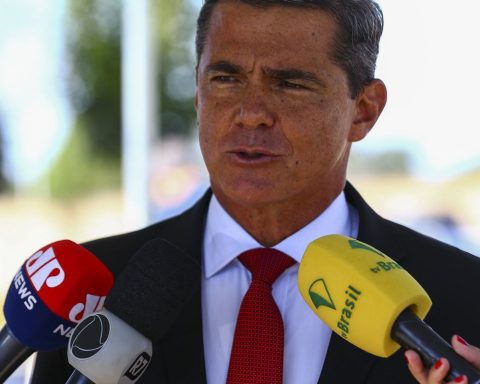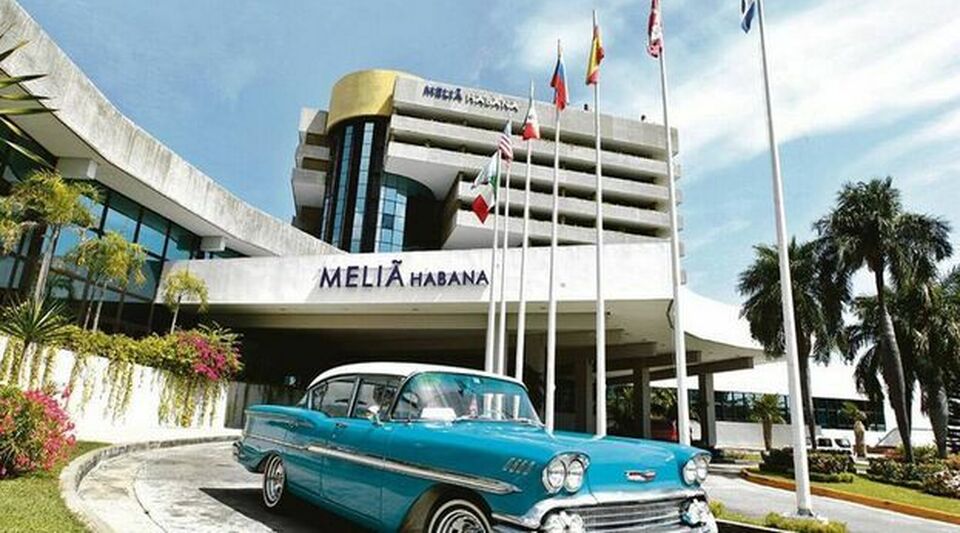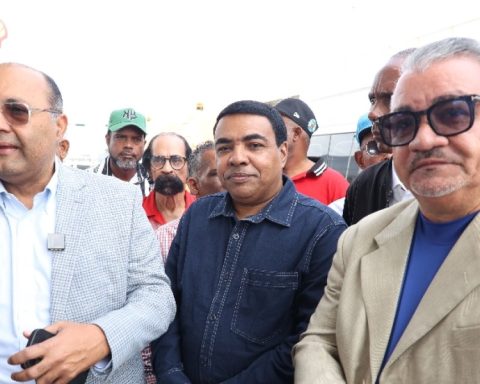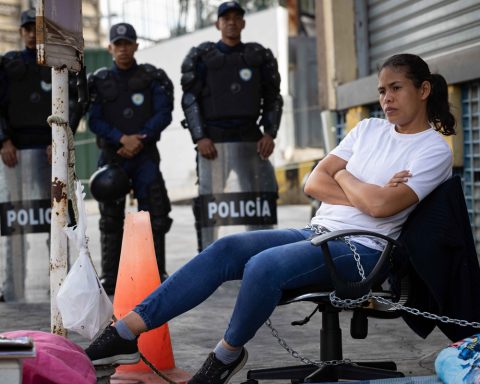The National Congress enacted this Wednesday afternoon (8) part of the Proposed Amendment to the Constitution (PEC) 23/21, known as PEC dos Precatórios. The ceremony was attended by the presidents of the Chamber, Arthur Lira, and of the Senate, Rodrigo Pacheco.
The now Constitutional Amendment 113/21 is essential to enable the payment of the Auxílio Brasil, created to replace the Bolsa Família program. “Our effort is based on the need to support the Auxílio Brasil social program,” said Pacheco, during the ceremony.
According to informative note from the Chamber of Deputies’ Budget Consultancy, the promulgation of the common part of the PEC dos Precatório, on which the two legislative houses have no divergences, will open up the fiscal space of R$ 64.9 billion in the 2022 Budget. due to the change in the formula for calculating the update of the spending ceiling limits. The technical note says that the money can only be used for health, welfare and social assistance expenses, an item in which Brazil Aid is included.
The parts changed during the Senate vote, a week ago, returned to the House and will have to be analyzed again. According to Lira, these points will be joined to another PEC on the subject and will be appreciated next Tuesday (14).
Linkage of expenses
Some articles altered by the Senate, the 4th and the 107th, were a reason for controversy during the enactment of the PEC. Senator Simone Tebet (MDB-MS) said that an agreement was reached in the sense that the PEC could only be sliced if the fiscal space were only that linked to social security, which, according to her, would not have occurred. According to senator Alessandro Vieira (Cidadania-SE), millions of Brazilians would be harmed with the eventual disengagement.
Faced with the controversy, senator José Anibal (PSDB-SP) proposed leaving the analysis of these articles to the Chamber.
The rapporteur of the proposal in the Senate, Fernando Bezerra Coelho (MDB-PE), said he believed that the text reflected the concern and urgency of assisting the poorest Brazilians affected by the covid-19 pandemic. “I am absolutely sure that innovations will be supported, especially the one that is the central concern: the linking of open fiscal space”, he said. “We in the Senate link all this fiscal space to Brazil Aid and to health and social assistance expenses,” he added. Fernando Bezerra Coelho added that, at this moment, there can be no mistrust in relation to what was built.
The president of the Senate then decided to enact Article 107, which, according to him, coincides with what happened in the Chamber, and also the coincident parts of Article 4, leaving the innovations for analysis by deputies. “With this, we avoid any kind of questioning about form and wording”, he said.
Given the discomfort generated by the suspicion that the Chamber does not endorse the amendments proposed by the senators, the president of the House considered that there was no space to read the speech already prepared. “What we can say is that we will guide this PEC on Tuesday and gladly appreciate the changes that the Senate has made,” said Arthur Lira. He highlighted that the offices of both houses worked independently with a commitment to promulgate equal and coherent texts.
Second part must be voted on Tuesday
The non-converging parts that should be considered by the Chamber next Tuesday will release another R$ 43.56 billion. Of these, BRL 39.485 billion will be opened with the payment limit for court orders. These resources can be used for expenses related to social security, including the Auxílio Brasil program. Finally, BRL 4.08 billion will be opened with the precatório paid out of the limit. These features have no usage restrictions.
Among the points changed by the Senate are: establishment of the right to a basic family income for Brazilians in a situation of vulnerability and several changes in relation to limits, deadline for submission, postponement of payment and order of payment of court orders. In addition, the Senate aims to make the Auxílio Brasil program permanent. Something already said by Lira that there is consensus. There is also a forecast of R$ 15 billion, linked to vaccination expenses against covid-19.
*With information from the news agency Câmara de Notícias
